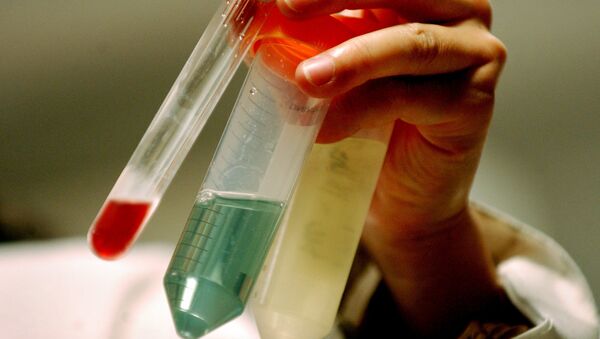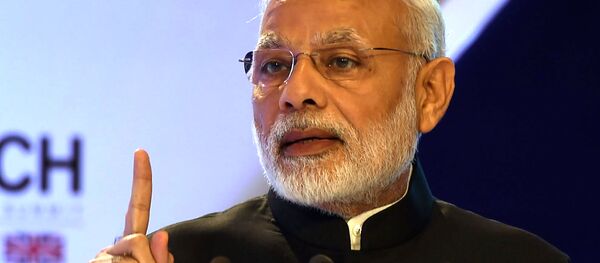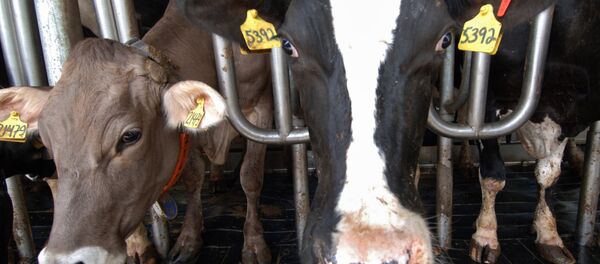The national action plan to combat AMR has been charted in collaboration with the World Health Organization (WHO) and is expected to be rolled out by the end of this month. All hospitals and pharmacists would have to upload the prescriptions received by them for evaluation by a central agency. It will help the government track and compile the much needed data on the usage and effect of antibiotics which in turn will help the R&D on AMR.
India's Ministry for health, environment, animal husbandry, agriculture and pharmaceuticals will be part of this strategy. "It would be an understanding between various ministries that we jointly strategize to contain AMR and all our policies should be in one direction so that collectively we are able to address this issue. We will have a memorandum of understanding (MoU) with all ministries together, and policies will be directed towards the action plan," Union health minister J P Nadda said.
A nationwide survey of bacteria isolated from blood cultures of 135,000 patients' last year noted that an average of 10 per cent of E coli and 60 per cent of K pneumoniae showed resistance to carbapenems, a class of antibiotics used as a last resort treatment of the ailments.
Antibiotic resistance leads to longer hospital stays, higher medical costs and increased mortality leading to increased burden on the government to spend on public healthcare while upsetting a country's human development indicators.




